Changin Scotland
I first heard of Changin Scotland ( yes no 'g' and no apostrophe ) from Geoff Huggins who has been attending the event for a few years now. Although on reflection I wouldn't quite call it an event as I go to alot of those and this one felt different. Over the weekend I met a food scientist, a whistle maker, a furniture maker, the traffic commissioner for Scotland, a project manager, a nurse from a methadone program, a film maker, an actress, an artist, a land rights expert, a public health academic, an author, an activist and a counsellor. All this to the backdrop of daffodils, fresh air and beautiful scenery. Nobody was on their laptop, there was no hashtag and nobody talking or texting on their mobile. By the end of the weekend everyone knew my first name and I knew theirs. It was peaceful.
First up on the Friday evening was Andy Wightman, a land rights expert who spoke about land, politics and power. I checked out his twitter stream before hand and must admit I made the assumption his talk was going to be a little over my head and a bit 'landy'. I was wrong. Andy spoke passionately about localism and how land is fundamental to enable localism to flourish.
So how do we use the public land that is 'ours' right now? I think this is about life and imagination. How do you re-imagine your neighbourhood? 1600 people live in Ullapool and there are 47 organisations that do good. As one audience member said "We are living the Big Society". As much as these two words are toxic in Scotland they did creep up time and time again over the weekend. I was fascinated.
Professor Drew Scott talked about why Scotland needs Fiscal Autonomy ( I had to google that before hand as I wasn't quite sure what the phrase meant beyond 'taxes and stuff' ) This talk was very jargon heavy and at times difficult to follow but I value what I took away from it. Drew asked the question "What is Scotland trying to achieve?" The audience made it clear the answer is about confidence and competence. Can Scotland do things right? Look at the trams in Edinburgh, the Holyrood building, the Forth Road Bridge...we need to start believing in ourselves again.
Liz Gardiner from Fable Vision talked about Scots fear of public conversation - after all we only have one think tank! There was a strong theme of story telling and narratives in what Liz said, she spoke of 'the crisis of stories' to make sense of the lack of ideas and voices in the system and the confidence people need to tell their own stories. It seems we need a new and different way of bringing people together so we can really explore what Scotland is and where we get agency from.
Fablevisions approach to policy and planning is called Cultural Planning. Cultural planning is a culturally sensitive approach to all planning and policy. It's all about local people being in the lead and mapping their own assets. One of the brilliant outcomes of this way of working is Govan Folk University; a local manifestation of a global conversation all about people, place and purpose.( there is lots of amazing stuff happening in Govan and I intend to find out more )
To everyone from Changin Scotland - thank you for welcoming me, answering my questions and forcing me to take a deep breath, slow down and really think about Scotland.



